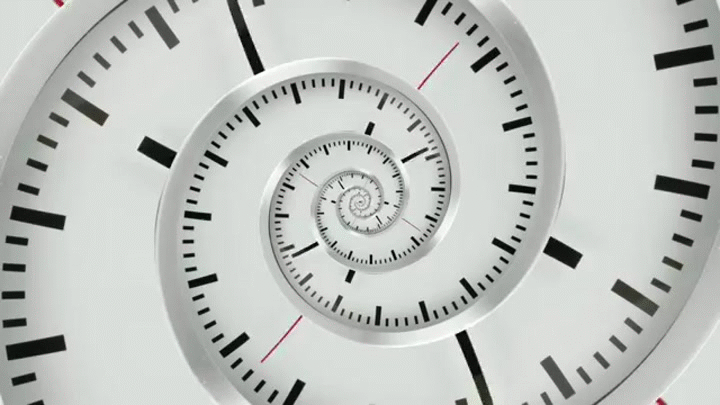The AR Story Archive
Stories of Age/Time Transformation

by: MrChristopher | Complete Story | Last updated Oct 1, 2011
Chapter Description: This is a very short, summarised version in the style of the previous chapters. For six to twelve year old developmental stages.
Development by 6 Years
Physical
• Has greater need for physical activity and using the whole body
• Needs regularity (a routine)
• Dawdles, moves slowly when doing things
• Has acquired most basic motor skills; gets frustrated with lack of fine motor skills
• Notices physiological differences in boys and girls
Cognitive
• Attention span still short
• Very curious, "Why?" questions
• Begins to understand birth and death
• Begins to develop ideas of good and bad
• Interested in stories and books
Social and Emotional
• Wants to be grown up, but may act like a baby at times
• Becomes jealous of others easily
• Plays better with one or two friends rather than a group
• Has a sense of humor, likes jokes and riddles
• Competitive with games and adult attention
Development by 7 Years
Physical
• Coordination improves, easier to use fine motor skills
• May be somewhat awkward (can’t control all actions)
• Dresses self completely
• May begin to lose baby teeth and acquire permanent teeth
Cognitive
• Interested in how things work
• Uses language more effectively (expresses feelings with words rather than physically)
• Learns through hands-on construction and projects
• Increased attention span; likes to read and be read to
Social and Emotional
• Likes jokes and riddles
• Still needs some supervision when playing in groups (name calling)
• Wants to be independent (may revert to "baby" actions when scared, tired or angry)
Thoughts for Parents
• Provide your child with opportunities to make decisions and do things on her own.
• Give your child opportunities to practice his/her skills and abilities (e.g. games, puzzles, crafts).
• Be sincere with praise for accomplishments.
• Allow your child times to play and talk with peers. This is important to foster self-esteem.
• Encourage reading and writing by taking your child to the library. Have your child read books to you.
• Encourage your child to write in a journal.
Development by 8 Years
Physical
• Increased modesty
• Near-sightedness usually develops at this age
• Good coordination and small muscle control
• Often looks much more grown-up
Cognitive
• Understands time and how to relate it to daily events
• Interested in collections/clubs
• Reads books for pleasure
• Develops ideas and prejudices
• Curious about how things work and how they are made
Social and Emotional
• Has special friends
• Can take on more responsibility
• Accepts authority and rules
• Seeks praise/approval from family and friends
Thoughts for Parents
Self-esteem is a function of how people perceive themselves.
Development by 9 and 10 Years
Physical
• Perfecting motor skills
• Is able to care for own needs
• Some girls are approaching or may have reached puberty
• Boys often are more active and rough than girls
Cognitive
• Has original ideas and is able to make plans without adults
• Develops own opinions which may differ from yours
• Can understand logical reasoning
• Asserts leadership and independence
Social and Emotional
• Has selective friendships
• Interests include clubs and groups
• Has increased interest in competitive sports
• Will flirt with opposite sex by joking, teasing and showing off
• Acquires a conscience
• Usually affectionate towards parents, likes doing family activities
• Concerned with judgments and decisions being fair and justified
Development by 11 and 12 Years
Physical
• Increasingly aware of body images and changes occurring
• Capable of good hygiene habits
• Increased muscle growth
• Increased appetite
• Self-conscious about learning new skills
Cognitive
• Has the ability to use logic
• Understands abstracts
• Aware of moral codes
• Individual preferences influence choice of activities
• Challenges adult knowledge
Social and Emotional
• Interested in competitive team games
• Group membership is important (urge to conform)
• Respects parental controls
• Self-confidence turns to self-doubt; may be moody
Thoughts for Parents
• Provide time and space for your children to be alone. Time to read, daydream or do school work uninterrupted will be appreciated.
• Allow your child to help with cooking, cleaning and other activities around the house.
• Encourage your child to become involved in clubs or youth groups. This will encourage social skills as well as skill development with projects and activities.
• Encourage your older children to help with younger ones, but don’t burden them with too many responsibilities. Allow them to be children.
• Allow your child to make phone calls to friends. This is an important time for your child to have close friends and feel as though he is part of a group.
--------------------------------------------------------------------------------
Regression - A Guide To The Developmental Stages
by: MrChristopher | Complete Story | Last updated Oct 1, 2011
Stories of Age/Time Transformation
